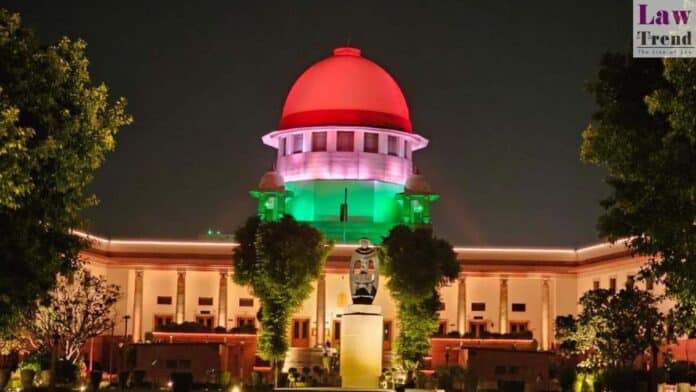The Supreme Court on Thursday intervened in the ongoing legal battle surrounding Jaggi Vasudev’s Isha Foundation, directing the Tamil Nadu Police to cease all actions pursuant to the Madras High Court’s recent directive. This court order had initially mandated a thorough investigation into allegations of illegal confinement of two women at the foundation’s ashram.
In a significant judicial move, the apex court has transferred a habeas corpus petition—originally filed in the Madras High Court by Dr. S. Kamaraj, a retired professor—directly to itself for examination. Dr. Kamaraj claims that his daughters, both masters in engineering, are being held against their will at the ashram.
A habeas corpus petition is a judicial mandate requesting that a person under detention be brought before the court to ensure the person’s imprisonment or detention is not illegal.
Chief Justice D.Y. Chandrachud, leading a bench that also includes Justices JB Pardiwala and Manoj Misra, instructed that no further police actions should occur following the High Court’s September 30 order. This prior decision had required the Coimbatore Police to gather and present all cases registered against the Foundation for further scrutiny.
During the Supreme Court session, senior advocate Mukul Rohatgi, representing the Foundation, argued for a stay on the High Court’s order. He detailed an incident where approximately 150 police officers entered the ashram for investigation, raising concerns about the scale and manner of the police intervention.
Further developments occurred as the justices conducted a private video-conferencing session with the two women at the center of the case. According to court statements, the women affirmed that their stay at the ashram was voluntary and informed the justices that police had vacated the premises the previous night.
The Supreme Court has scheduled a hearing for the week of October 14 to delve deeper into the allegations and circumstances of the case.
This legal ordeal began with the High Court’s action on a petition by Dr. Kamaraj, who voiced severe concerns about the welfare of his daughters and other individuals at the ashram, accusing the Foundation of coercively converting individuals into monastic life and restricting familial access.




